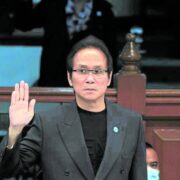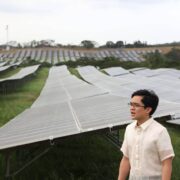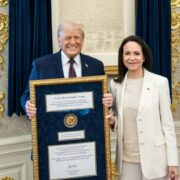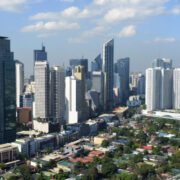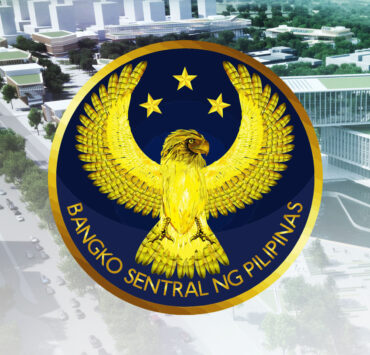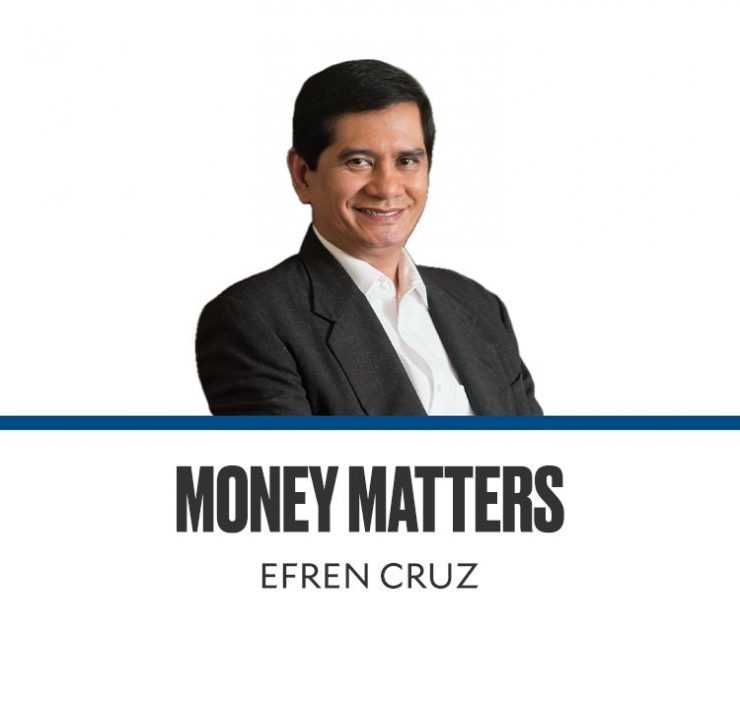The hidden tax we all pay
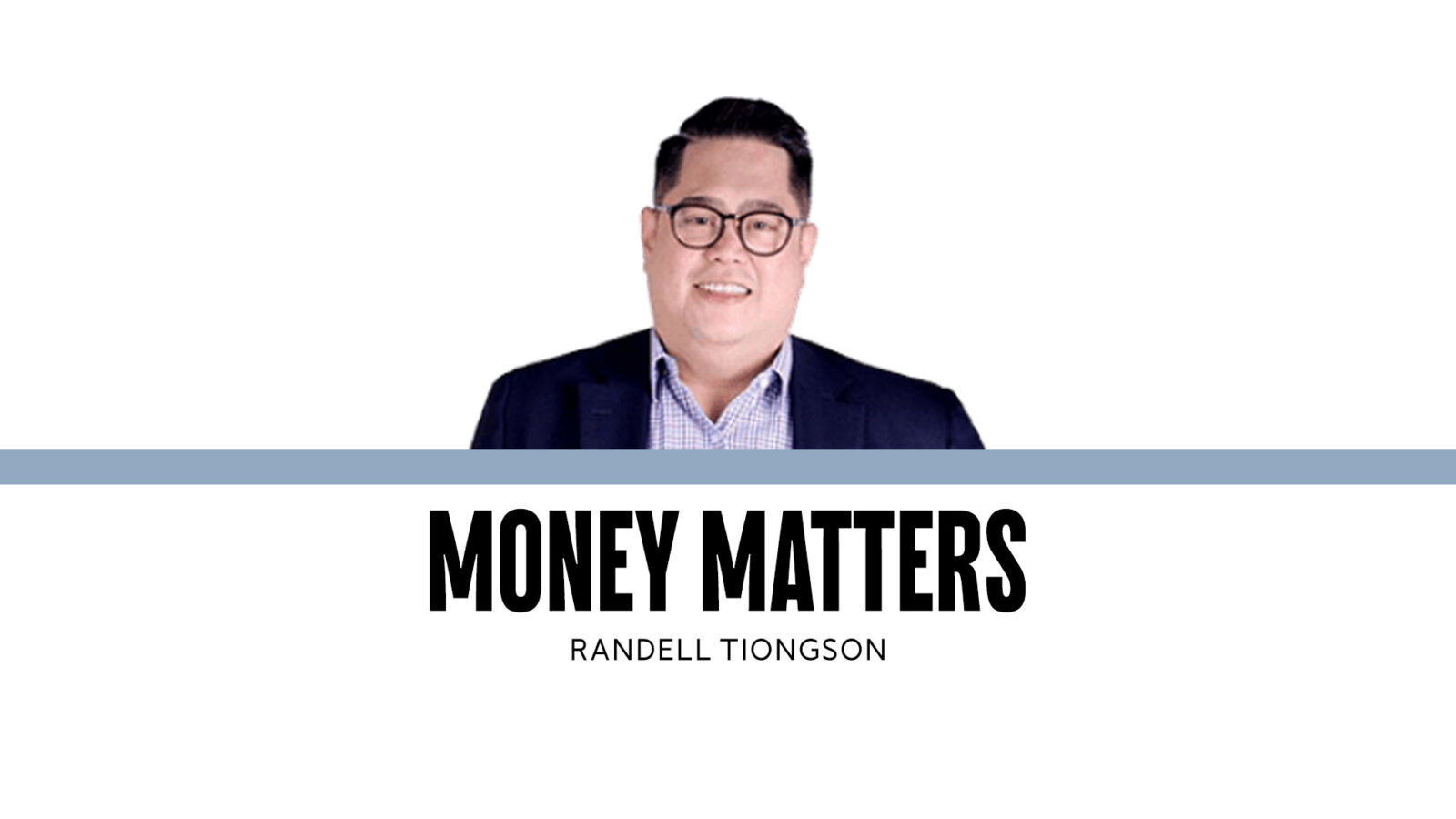
After almost four decades in the financial services industry, I’ve watched markets rise, fall and flatline through one crisis after another—the Asian Financial Crisis, Global Recession, pandemic and everything in between.
If there’s one lesson that has never changed, it’s this: the market doesn’t care about our political opinions. It doesn’t reward my outrage or your favorite hashtag. It only cares about whether our portfolios survive.
These days, many are glued to Senate hearings and breaking news. I follow them, too, but my eyes keep drifting to something else — ₱11 billion worth of flood control projects left unfinished, foreign funds quietly slipping out of our market again, investor confidence hugging the floor.
Those aren’t just figures in a report; they are symptoms of a deeper disease. Every delay, every scandal, every “lost” project becomes another notch in what I call the “corruption tax” — a hidden surcharge that ordinary Filipinos pay through weaker growth, higher prices and fewer opportunities.
This isn’t simply about guilt or innocence in a courtroom. It’s about stewardship. Scripture says, “It is required of stewards that they be found faithful” (1 Corinthians 4:2, ESV). When leaders mishandle what belongs to the nation, the poor suffer first and the middle class soon after. Corruption doesn’t just drain the treasury; it mocks our calling to manage God’s resources for the good of others and the glory of His name.
Markets run on two fuels: trust and transparency. Take those away and you add risk. Add risk and you demand a premium. That premium shows up in higher borrowing costs for businesses, thinner margins for entrepreneurs, and lower valuations for investors.
Corruption compounds like interest
You feel it when your retirement fund grows more slowly than it should, when your child’s tuition outpaces your salary, when the peso buys less each year. Corruption compounds like interest; left alone, it quietly eats the future.
So what do we do — give up and rage online? That may feel good for five minutes, but it won’t feed your family or fund your future. I tell people: while we can’t overhaul the national economy by ourselves, we can strengthen our personal economy today. Faithful stewardship doesn’t wait for perfect governments; it builds margin, reduces fragility and invests with a clear head even when emotions are loud.
I learned this the hard way. In every crisis, the investors who survived weren’t the loudest; they were the most disciplined. They wrote their strategy in peacetime and followed it in wartime. They built emergency funds so a hospital bill didn’t force them to sell stocks at the bottom. They kept bad debt on a short leash and refused to borrow just to look successful. They invested consistently, month after month, even when headlines shouted doom. And they diversified.
Ecclesiastes counsels, “Give a portion to seven, or even to eight, for you know not what disaster may happen on earth.” Spreading risk across assets and geographies is not disloyalty; it’s wisdom. It’s how you reduce the “corruption tax” on your household.
I’ve also seen the difference insurance makes. It’s rarely glamorous, but when a breadwinner dies or gets critically ill, life and health coverage become the emergency liquidity that keeps a family from selling their home or their business. In a system where public safety nets are thin and estate taxes must be paid before titles move, protection is not pessimism — it is love. Good stewardship thinks about the people who will still be here when we’re gone.
Does that mean we stop caring about the nation? Absolutely not. Vote wisely. Support leaders who prize integrity. Speak up when you must. But don’t let national paralysis become personal neglect.
Jesus said, “One who is faithful in a very little is also faithful in much.” If we want more righteous systems, we start with righteous habits — clean books, honest contracts, taxes paid, promises kept, generosity practiced. The market may not care about our opinions, but heaven cares deeply about our obedience.
I meet Filipinos who feel powerless and I understand the fatigue. Yet, every time the news tempts me to despair, I remember why we do this. Stewardship is not a survival project; it is a discipleship project. We manage money to serve God’s purposes. We save so we can stay faithful in crisis. We invest so we can fund long-term callings — education, ministry, enterprise, community work. We protect our families so grief doesn’t become destitution. And we give, because generosity is the antidote to greed and the seed of hope in a weary land.
If you’re overwhelmed, start small. Clarify your goals. Build three to six months of expenses, then keep adding. Clean up high-interest debt. Put your investing on autopilot and diversify — across sectors, across time and, yes, beyond our borders when appropriate. Review protection and an estate plan that will spare your family from forced sales. Keep records that would make you proud at an audit — because one day, there will be one. And through it all, seek first the kingdom of God. Markets will rise and fall; Christ’s reign will not.
The noise of politics will always fill the air, but you and I are called to keep our eyes on what truly matters. Manage faithfully what’s in your hands today. Build a portfolio — and a character — that can stand the storm. Refuse the shortcuts that hollow out a nation. Remember that every peso you steward well is a protest against waste and a vote for the future.
In the end, the real question isn’t only how much corruption costs us in pesos. It’s how much it keeps us from living out faithful stewardship before God. Let’s make sure the answer, in our homes and in our hearts, is “not one centavo more.”
Randell Tiongson is a Registered Financial Planner of RFP Philippines. To learn more about personal financial planning, attend the 114 th RFP program this January 2026. Email info@rfp.ph or visit rfp.ph to learn more about the program.





